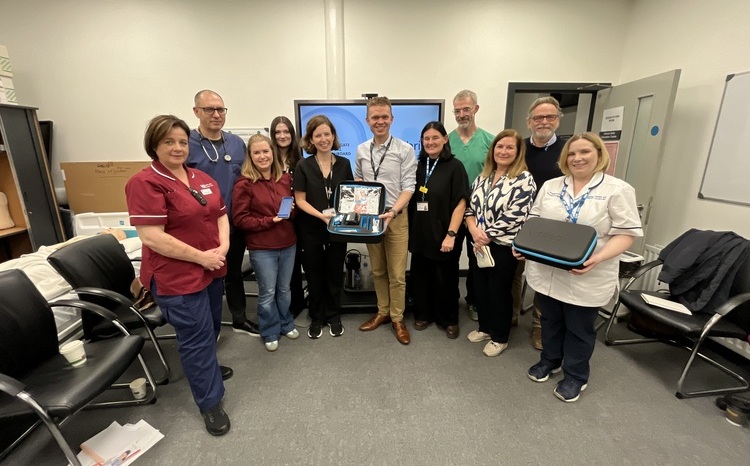Probe into lost appointment bookings at Barts
- 26 January 2009
More than 400 patients have had to wait more than 13 weeks – in breach of the national elective access target – after a top London hospital trust left details of more than 2,000 telephone bookings unprocessed on a computer spreadsheet.
The problem, which occurred at the end of 2008, was judged so serious by Barts and the London NHS Trust that it launched a serious untoward incident investigation into the problem.
NHS London also commissioned its own investigation, with an external review carried out by another acute trust chief executive.
E-Health Insider has been told that the problems related to the Millennium Care Records System not showing enough clinics, leading staff to introduce ad hoc recording of patients so they could be called back.
This suggests the spreadsheet may have been a work-around that that broke down.
The trust said the delays to patient care “were caused by inadequate management systems within the Outpatient Appointment Office." It said the problems did not relate to the national Choose and Book system.
In October, the trust reported significant problems with its new Cerner CRS system, and said staff found it had made basic activities such as managing outpatient bookings more difficult and complex.
The trust has faced a series of significant data, recording and technical problems with its BT provided system. In October, it said it faced a £3m revenue shortfall because of the problems.
As a result of the unprocessed spreadsheet, a total of 442 patients waited an average of six weeks longer than the 13-week national standard for an outpatient appointment. The trust said investigations to date had confirmed that no patient had come to direct clinical harm as a result.
In a statement issued to E-Health Insider and EHI Primary Care, the trust said clinic capacity was increased and senior clinical staff contacted patients by telephone and in writing to apologise and arrange a suitable time and date for their outpatient appointment.
It added: “Urgent cases were dealt with first and patients booked in to see a consultant as quickly as possible. Investigations to date by clinical staff have confirmed that no patient has come to direct clinical harm as a result of this issue.”
The trust said an investigation by “an external party” was complete but a final report is pending. “A summary of recommendations and any further actions required will be reported to the trust board,” it added
Julian Nettel, chief executive of Barts and the London NHS trust, said: “We acted as soon as this came to light, but it is clear that we have an underlying issue with our management systems that we are addressing as a matter of urgency to ensure we have the right controls in place.”
The trust said that the total number of GP-referred first outpatient attendances between April and October 2008 was 34,202, and of these 95% were seen within 13 weeks. Patients waited an average of seven weeks from referral to outpatient appointment.
Tower Hamlets Primary Care Trust wrote to local GPs following the discovery in November that 442 patients had waited longer than the 13 week elective access target.
A local GP told EHI/EHI Primary Care: “My understanding is that Millennium wasn’t showing enough clinics for whatever reason, and so patients’ details were taken so that they could be phoned back with an appointment at a later point, but this wasn’t done, or as it turned out, they couldn’t be sure if it had been done.”
As previously reported on E-Health Insider, September board papers indicated that continuing problems with the CRS led to the trust to miss several key targets on cancer waits, outpatiensta and inpatients.
In a message on its website in December, the trust told local GPs that work was continuing to improve the efficiency of the CRS and difficulties affecting the system.
It said outstanding issues affecting the systems currently in use including improving the outpatient booking process, improving reporting for 18-weeks and other targets and simplifying the way clinics are set up to facilitate Choose and Book.
It said the first of these initiatives would be available by the end of the year and that others would come on line with software upgrade Maintenance Release 3 (MR3) early in 2009.
Related articles
Royal says £7.2m deficit due to Cerner
Barts still struggling with Cerner CRS




